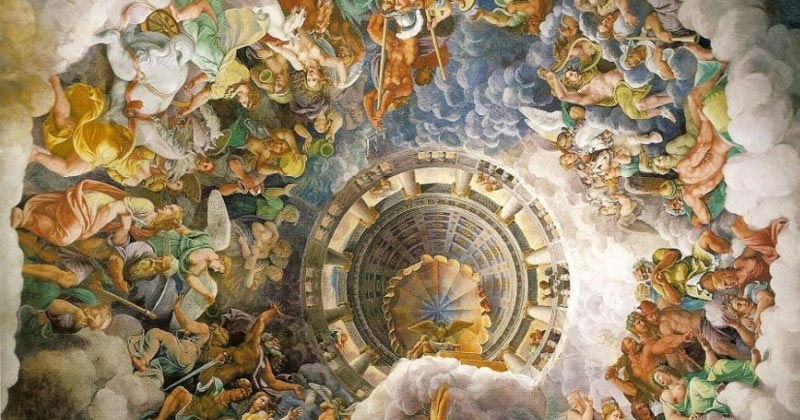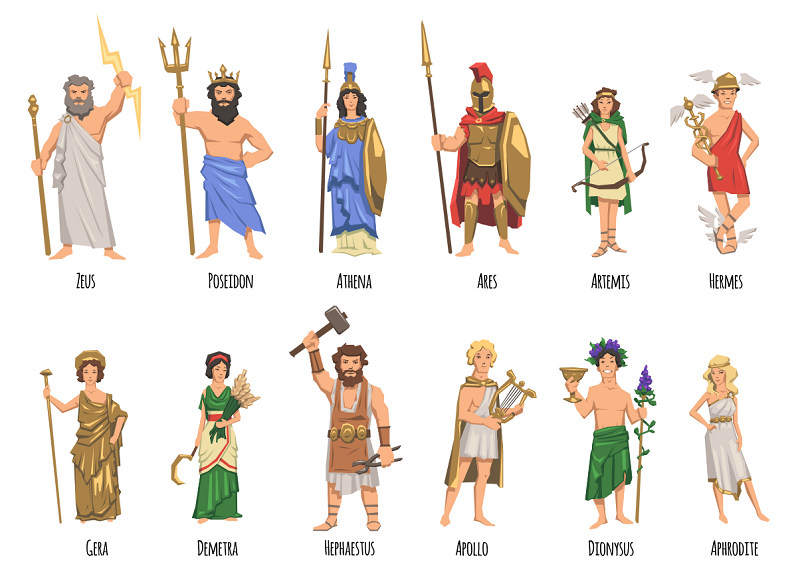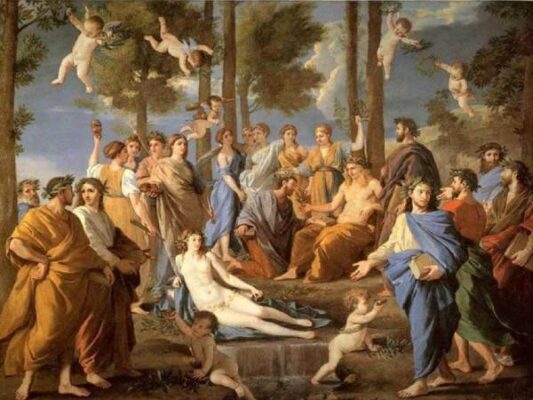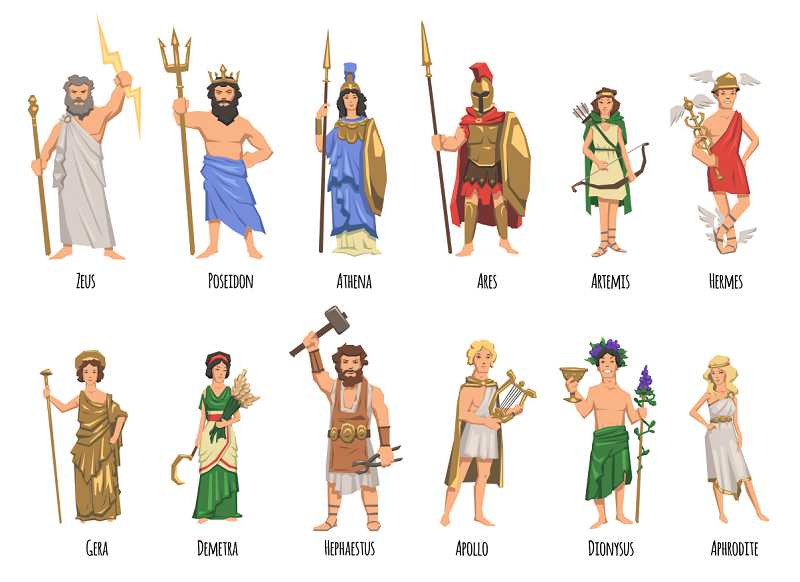In the vast tapestry of human history, few narratives have woven themselves as intricately into the fabric of civilization as Greek mythology. Rooted in the ancient beliefs and stories of the Hellenic people, these myths not only entertained but also served as a moral compass, explaining the mysteries of the world and the essence of human existence. At the heart of this rich tapestry lies the majestic Mount Olympus, the dwelling place of the twelve Olympian gods, each commanding a realm of influence over the mortal world.

To understand the significance of Greek mythology, one must delve into its origins. These myths emerged from the religious beliefs of the ancient Greeks, providing them with explanations for natural phenomena, the origins of the cosmos, and the intricacies of human behavior. The stories were passed down orally from generation to generation, evolving and adapting to the cultural changes of the time.


The mythical Mount Olympus stands tall in northern Greece, its lofty peaks piercing the sky. It was believed to be the sacred residence of the twelve Olympian gods, ruling over the universe from their celestial abode. The gods, led by the mighty Zeus, governed various aspects of mortal life, shaping destiny, and influencing the course of human events.
The Twelve Olympian Gods:
-
Zeus (Jupiter): The King of the Gods, Zeus ruled over the sky and thunder. His iconic thunderbolt symbolized his immense power.
-
Hera (Juno): Zeus’s sister and wife, Hera was the Queen of the Gods, presiding over marriage and family.
-
Poseidon (Neptune): The God of the Sea, Poseidon wielded a trident and controlled the oceans, storms, and earthquakes.
-
Demeter (Ceres): The Goddess of Agriculture, Demeter was revered for her role in the harvest and the fertility of the earth.
-
Athena (Minerva): The Goddess of Wisdom and Warfare, Athena was born fully grown and armored from Zeus’s forehead.
-
Apollo: The God of Light and Music, Apollo’s dual nature symbolized the harmony between order and chaos.
-
Artemis (Diana): Apollo’s twin sister, Artemis, was the Goddess of the Hunt, Wilderness, and Protector of Young Girls.
-
Ares (Mars): The God of War, Ares personified the brutal and destructive aspects of conflict.
-
Aphrodite (Venus): The Goddess of Love and Beauty, Aphrodite’s influence extended to matters of desire and attraction.
-
Hephaestus (Vulcan): The God of Fire and Blacksmiths, Hephaestus crafted the divine weapons of the gods.
-
Hermes (Mercury): The Messenger of the Gods, Hermes facilitated communication between the divine and mortal realms.
-
Dionysus (Bacchus): The God of Wine and Celebration, Dionysus embodied the joyous and unrestrained aspects of life.
The tales of Greek mythology have endured through the ages, transcending time and culture. They have inspired countless works of art, literature, and philosophy, shaping the foundation of Western civilization. The gods of Mount Olympus, with their flaws, passions, and interventions in mortal affairs, reflect the complexities of the human experience.
Greek mythology, with its pantheon of gods atop Mount Olympus, serves as a captivating exploration of the human psyche and the forces that govern existence. From the thunderous might of Zeus to the wisdom of Athena and the allure of Aphrodite, these myths continue to captivate and resonate, reminding us that the echoes of Mount Olympus can still be heard in the modern world.

